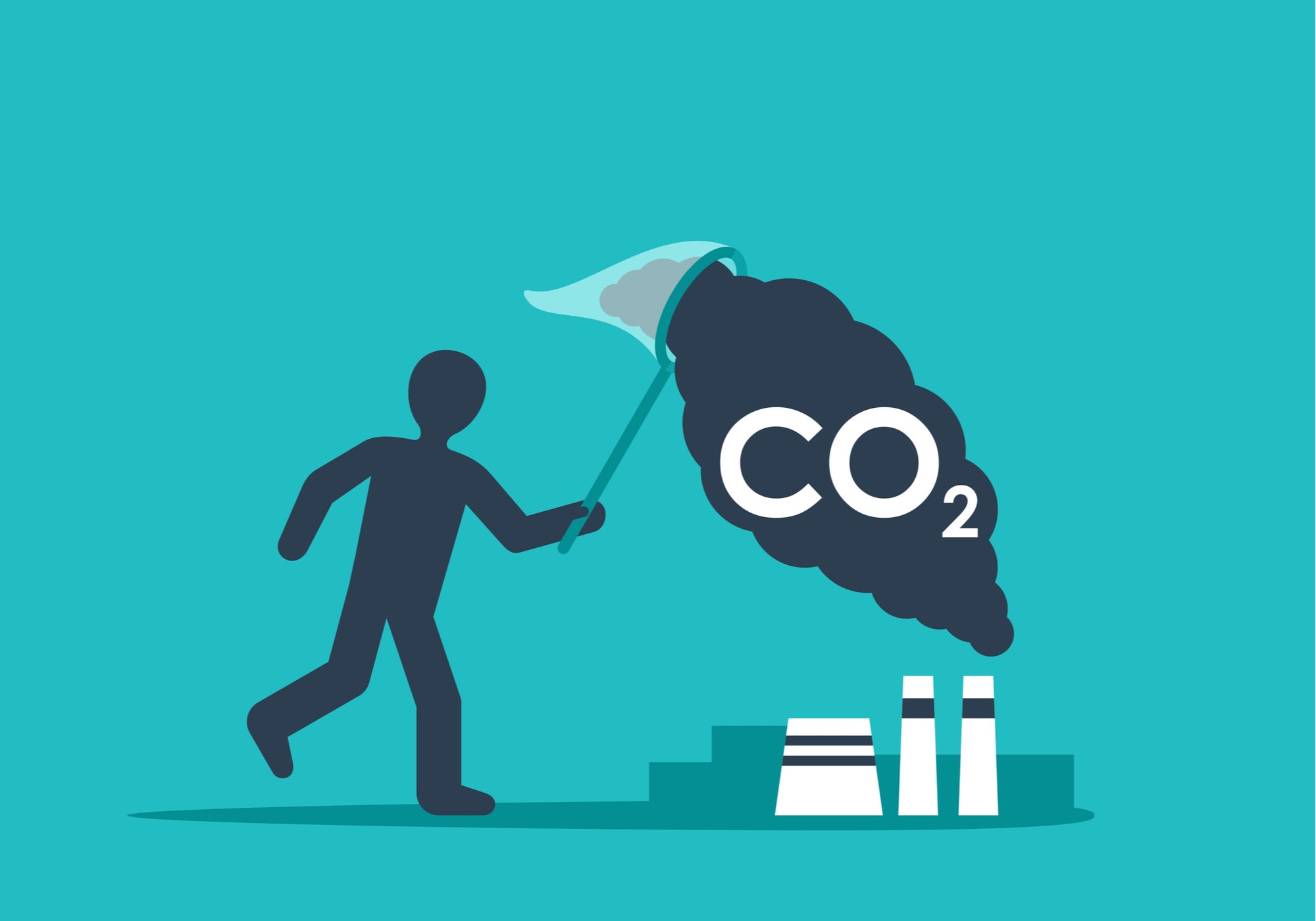GlobalData’s latest thematic report, ‘Carbon Capture & Storage’, provides an overview of the development and adoption of the CCS technology around the world to mitigate industrial emissions. It also evaluates the role played by leading oil and gas companies in this domain.
The world is witnessing the harmful effects of climate change and global warming due to increasing concentrations of greenhouse gases (GHGs) in the atmosphere. Annual temperatures are rising at an alarming rate globally, with the last decade alone recording eight of the ten warmest years on record. As carbon dioxide is the most abundantly found GHG, its containment may prove to be critical in winning the battle against global warming.
Although CCS has been around for nearly 50 years now, very few countries have implemented this technology on a large scale. The high costs incurred in capturing carbon dioxide (CO²) from industrial units are proving to be the major deterrent for deploying CCS. An assessment from the Intergovernmental Panel on Climate Change (IPCC) estimates that around 10,000mtpa of CO² capture capacity is required by 2050 to support the global climate ambitions. Hence, countries, like the US, the UK, Canada, Australia and Norway are developing suitable policy mechanisms to improve the CCS project economics and support its mass adoption.
Carbon capture and utilisation (CCU) is an approach to monetize CCS, thereby making it more viable. The CO2 captured from power plants, refineries, and other industries can be reused in commercial applications to recover some of the project costs. Enhanced oil recovery (EOR) has been the most common use case, wherein the captured CO² is injected into wells to stimulate crude oil recovery. Lately, this CO² is finding new application areas, including in enrichment of concrete, production of synthetic fuels and horticulture.
Figure: Leading CCS adopters around the world, 2020


US Tariffs are shifting - will you react or anticipate?
Don’t let policy changes catch you off guard. Stay proactive with real-time data and expert analysis.
By GlobalData




